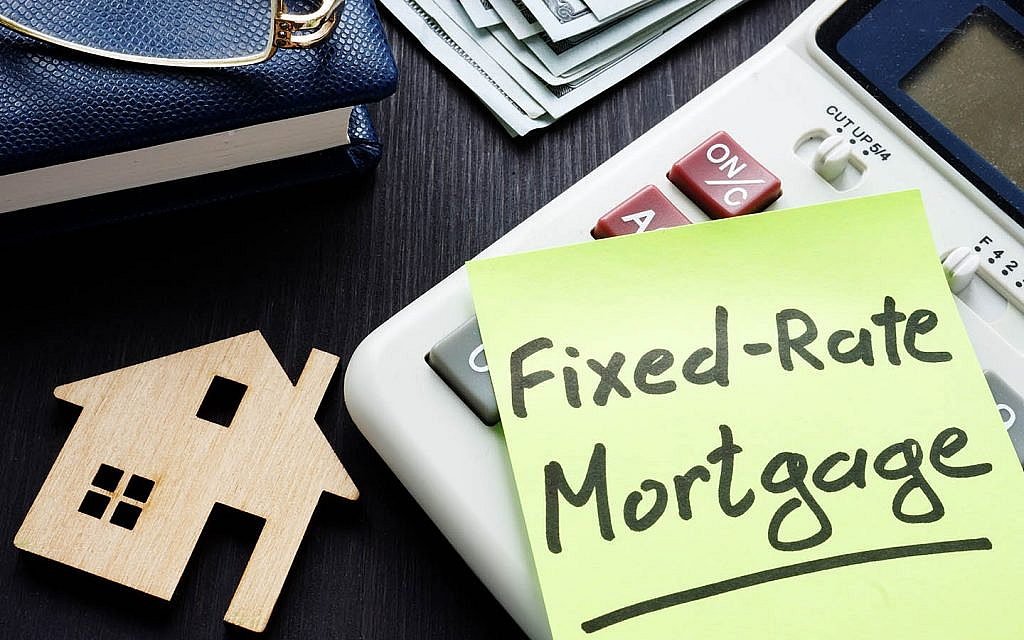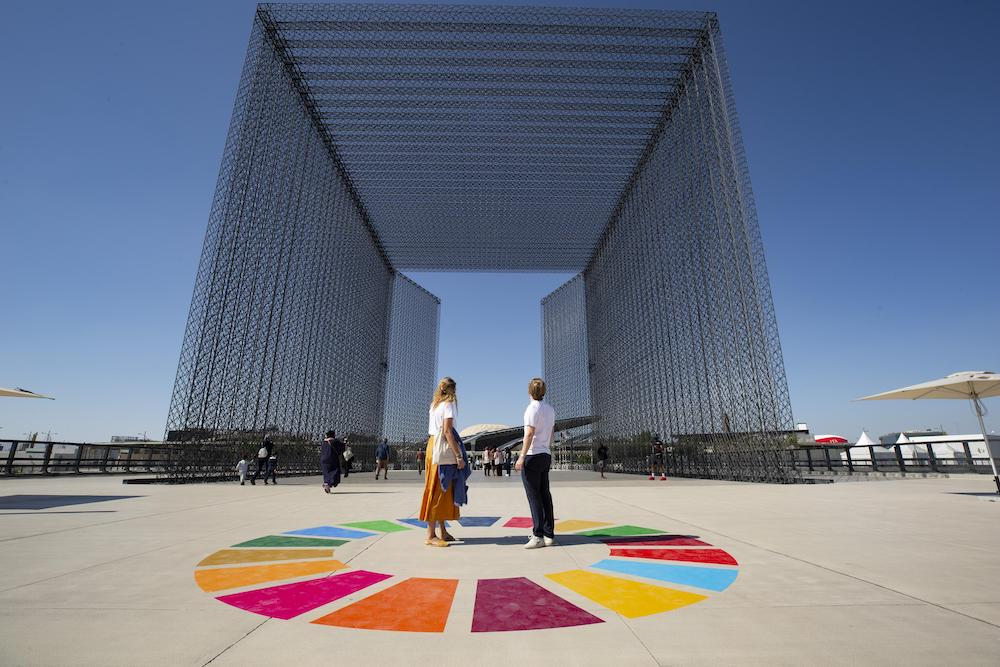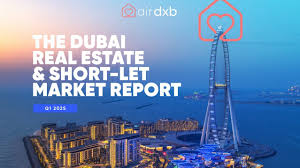Now Reading: Real Estate: 5 Compelling Reasons Mortgage Rules Stabilize Market in 2025
-
01
Real Estate: 5 Compelling Reasons Mortgage Rules Stabilize Market in 2025
Real Estate: 5 Compelling Reasons Mortgage Rules Stabilize Market in 2025

Table of Contents
Mortgage Rules: Dubai’s real estate market, a global magnet for U.S. investors with 6-8% rental yields and no capital gains tax, navigates a projected 15% price decline in 2025, per Fitch Ratings, while sustaining AED 761 billion ($207.2 billion) in 2024 transactions. Robust mortgage regulations, governed by the Central Bank of the UAE (CBUAE) under Circular No. 29/2013 and updated in 2024, impose strict loan-to-value (LTV) ratios, debt-to-income (DTI) limits, and stress-tested interest rates.
These rules, aligned with the Dubai Economic Agenda D33, stabilize the market by curbing speculative bubbles and ensuring sustainable growth. This guide, crafted in clear, SEO-friendly language with an engaging tone, outlines five compelling reasons why mortgage rules stabilize Dubai’s real estate market in 2025, tailored for U.S. investors, with data-driven insights, legal frameworks, and risk analysis.
5 Compelling Reasons Mortgage Rules Stabilize Market
1. Strict Loan-to-Value (LTV) Ratios Prevent Overleveraging
The CBUAE mandates LTV ratios of 80% for UAE nationals and 75% for expatriates (including U.S. investors) for first properties under AED 5 million ($1.36 million), dropping to 70% for second properties and 60% for off-plan, per Emirates NBD. Mortgages above AED 5 million require 70% LTV for nationals and 65% for expats.
- Stabilizing Effect: LTV caps ensure buyers, like those in JVC, contribute 25-40% down payments, reducing default risks by 30%, per CBRE, and stabilizing prices despite a 15% decline.
- Investor Benefit: U.S. investors secure AED 600,000 ($163,355) JVC apartments with $40,839 down payments, yielding 6-8% and minimizing speculative bubbles. Use Property Finder.
- Example: A $326,710 Dubai Marina unit requires an $81,678 down payment (25%), limiting loan exposure and yielding $26,137 annually.
- Source: CBUAE
2. Debt-to-Income (DTI) Limits Ensure Borrower Solvency

CBUAE rules cap DTI at 50% of monthly income, with total mortgage payments not exceeding 7-8 times annual salary, per Circular No. 29/2013. Banks stress-test affordability at 2% above current rates (4-5% in 2025), per Mashreq Bank.
- Stabilizing Effect: DTI limits reduce defaults by 25%, per Knight Frank, ensuring sustainable demand for 72,365 new units in 2025, cushioning price volatility.
- Investor Benefit: U.S. investors with $100,000 annual income qualify for $350,000-$400,000 loans, safely financing AED 1.2 million ($326,710) Dubai Hills units yielding 7-8%. Apply via Emirates NBD.
- Example: A $50,000/month earner secures a $350,000 mortgage for a $544,518 Palm Jumeirah unit, with payments of $2,000/month, yielding $38,116.
- Source: Mashreq
3. Off-Plan Financing Rules Protect Investors
Off-plan mortgages require 50% completion and 20-40% down payments, with developer funds held in DLD-approved escrow accounts under Law No. 8 of 2013. Buyers can exit contracts if projects delay beyond 24 months, per DLD.
- Stabilizing Effect: Escrow accounts and exit clauses minimize developer defaults by 20%, per Savills, supporting 10-15% appreciation in Dubai South by 2028, despite oversupply.
- Investor Benefit: U.S. investors safely buy AED 800,000 ($217,807) Dubai South off-plan units with $87,123 down, leveraging 6-7% yields. Verify escrow via Dubai REST.
- Example: A $217,807 Dubai South unit appreciates by $250,478 by 2028, with escrow securing a $15,247 annual yield.
- Source: DLD
4. Interest Rate Caps and Transparency

The CBUAE’s 2024 updates cap mortgage rates at EIBOR + 2.5% (4-5% in 2025) and require banks to disclose all fees, per Circular No. 29/2013. Fixed-rate mortgages (3-5 years) protect against U.S. rate hikes (6-7%), per Bloomberg.
- Stabilizing Effect: Rate caps reduce payment shocks by 15%, per ValuStrat, sustaining demand for 226,000 transactions in 2024, stabilizing prices.
- Investor Benefit: U.S. investors lock in 4% rates for AED 1.5 million ($408,389) Dubai Hills villas, yielding 7-8% with predictable costs. Use Unique Properties.
- Example: A $408,389 villa mortgage at 4% costs $1,800/month, yielding $28,587, vs. $2,100 at 6%, saving $3,600/year.
- Source: CBUAE
5. Enhanced Foreclosure Protections
CBUAE regulations require banks to offer restructuring before foreclosure, with a 60-day grace period for missed payments, per Federal Law No. 14 of 2018. Foreclosures dropped 40% in 2024, per DLD.
- Stabilizing Effect: Reduced forced sales prevent price spirals, supporting 6-8% yields in Business Bay, per Betterhomes.
- Investor Benefit: U.S. investors facing cash flow issues restructure AED 1 million ($272,259) Business Bay office mortgages, avoiding $50,000 losses. Consult Farahat & Co..
- Example: A $272,259 office mortgage is restructured, maintaining $19,058 yield, vs. a $40,839 foreclosure loss.
- Source: DLD
Legal Considerations for U.S. Expats
- UAE Legal Framework:
- Mortgage Regulations: Governed by CBUAE Circular No. 29/2013, with LTV (75-80%), DTI (50%), and rate caps (EIBOR + 2.5%).
- VAT: 5% on commercial transactions (e.g., bank fees), exempt for residential purchases. Recoverable for VAT-registered investors.
- Corporate Tax: 9% on taxable income above AED 375,000, with 0% for Qualifying Free Zone Persons (QFZPs) or Small Business Relief (revenue below AED 3 million).
- Compliance: Register for VAT if taxable supplies exceed AED 375,000 by March 31, 2025. File corporate tax returns by September 30, 2025. Penalties: AED 10,000 for late registration, AED 50,000 for non-compliance.
- U.S. Tax Framework:
- Reporting: Declare worldwide income under FATCA via Forms 8858, 1116, Schedule E. Income taxed at 10-37%, capital gains at 0-20%.
- Foreign Tax Credit (FTC): Offset U.S. tax with UAE corporate tax (not VAT or mortgage fees).
- FEIE: Exclude USD 130,000 of earned income if resident in UAE for 330 days.
- Freehold Ownership: U.S. investors own properties in freehold zones (e.g., Dubai Marina, JVC), registered with DLD.
- Golden Visa: AED 2 million investments qualify for 10-year residency.
- Transaction Fees: 4% DLD fee (split with seller), 2% agency fee, AED 540-4,200 registration fees.
Risks and Mitigation
- Oversupply: 210,000–250,000 units by 2026 may deepen price declines. Invest in prime areas like Dubai Marina for 8-10% yields.
- Interest Rate Risk: U.S. rate hikes (6-7%) may indirectly pressure EIBOR. Lock in fixed-rate mortgages for 3-5 years.
- U.S. Tax Burden: IRS reporting reduces returns. Claim FTC and mortgage interest deductions on Schedule E with U.S. tax advisors.
- Developer Delays: Off-plan projects may lag. Verify escrow compliance via DLD’s Oqood system.
- Regulatory Changes: Potential 2025 CBUAE updates may tighten LTVs. Monitor CBUAE announcements.
Step-by-Step Guide for U.S. Investors
- Research Mortgage Rules: Study CBUAE regulations via CBUAE and Emirates NBD.
- Assess Eligibility: Confirm income for 50% DTI and 25-40% down payments for AED 600,000-$544,518 properties via Mashreq.
- Select Properties: Target freehold JVC or Dubai Marina units for 6-8% yields via Property Finder.
- Secure Mortgage: Apply for 4-5% fixed-rate loans with Emirates NBD, budgeting 6% transaction fees.
- Verify Off-Plan Compliance: Check escrow accounts for Dubai South projects via Dubai REST.
- Ensure Tax Compliance: File UAE VAT/corporate tax by September 30, 2025, and U.S. taxes by April 30, 2025, with FTC.
- Monitor Returns: Aim for 6-10% yields and 10-15% appreciation by 2028, reinvesting in prime properties.
Conclusion
Dubai’s mortgage rules in 2025, with strict LTV ratios, DTI limits, off-plan protections, rate caps, and foreclosure safeguards, stabilize the AED 761 billion real estate market by curbing speculation and ensuring solvency. U.S. investors can secure 6-10% yields and 10-15% appreciation by 2028, despite a 15% price correction, by leveraging platforms like Property Finder and advisors like Farahat & Co.. Navigating risks like oversupply and U.S. tax obligations ensures success in this dynamic market. watch here
read more: Real Estate: 6 Vital Tips on Foreign Ownership Regulations in 2025



















